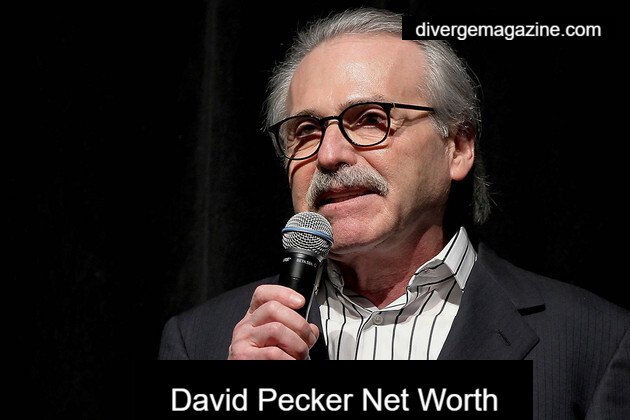David Pecker is a prominent name in American media. He has made a major impact on the publishing industry. David Pecker’s career is both impressive and controversial. This is especially true given his close connections to high-profile figures like Donald Trump. Pecker’s net worth is estimated to be around $11 million according to the latest estimates. This reflects his extensive experience in media leadership positions.
Who is David Pecker?
David Pecker was the former CEO and Chairman of American Media Inc. (AMI), which published popular titles like National Enquirer. Pecker was in charge of AMI from 1999 to 2019. He shaped the company’s course and set new trends.
Pecker, as the former head of AMI during his tenure, was frequently at the center media controversies, especially those involving Donald Trump. Their friendship played a key role in many of Pecker’s editorial decisions, which often favored sensationalism over restraint.
What was Pecker’s role at AMI
Pecker, as Chairman and CEO of National Enquirer and other magazines, was responsible for overseeing their operations to ensure that they remained profitable in an increasingly cluttered media environment.
Pecker used what is called “checkbook journalism,” where stories were purchased either to publish them or to keep them hidden from the public’s view. This was often done to support political figures or agendas. This tactic was used frequently when dealing with individuals who were in power and who would use their budget to intimidate opponents or try to prevent the publication of stories that they did not agree with.
How did Pecker influence political narratives?
Pecker’s AMI was a key player in major U.S. events, including the 2016 Presidential Elections. AMI used “catch-and-kill” to buy stories in order to suppress them, especially those that were likely not favorable towards Donald Trump or embarrassing for his government.
Pecker used AMI to control public perception. By limiting the information that voters have access to, suppressing stories critical of Trump can influence election outcomes.
What does the term “Catch and Kill” mean?
“Catch and kill” is a term used by media companies to describe the practice of buying stories’ rights without any intention to publish, but rather to protect allies like Donald Trump against publication elsewhere. Pecker’s National Enquirer used this tactic often against competitors, buying rights and then choosing to not publish or prevent later publication.
Pecker disclosed his use of the strategy in legal depositions, as part of a larger effort to influence public discourse. This conduct raises ethical questions about the role of media executives and their influence on democratic processes.
What has Pecker done affected his career?
Pecker’s AMI strategies solidified his position in the media, but they also created legal and public relation problems. His involvement in suppressing news through financial transactions attracted legal scrutiny and much controversy.
Pecker’s publications were affected by the investigations, and he became embroiled in a political scandal. These incidents revealed the complex relationship between political power and media influence.
What was the outcome of Pecker’s testimony?
David Pecker’s testimony in different legal proceedings gave crucial insights into AMI’s headline-grabber strategy and confirmed long-held doubts about manipulation stories to protect specific individuals. His admissions were proof of his claim.
This testimony has a great deal of impact, not only for Pecker, but also for media professionals and members of the industry. This testimony prompts a re-examination of the ethical boundaries of journalism and hidden mechanisms that shape political realities.
What does this mean for media ethics?
Pecker’s career at AMI and his practices raise serious questions about media management ethics. The use of his media influence in order to harm or protect individuals raises legitimate concerns about publishers within an effective democracy.
Pecker’s case is a great example of media ethics. The question is whether media companies can influence public opinion and outcomes of politics without violating ethical boundaries.
David Pecker’s career at American Media Inc. is a great example of how power and influence in media can be combined to benefit his publications. It also sparks a dialogue on journalistic integrity and the ethical responsibilities media leaders. Pecker’s lessons are still relevant today, even though the media landscape is changing rapidly. They continue to spark discussions about how power and ethics should be balanced in media practices.
